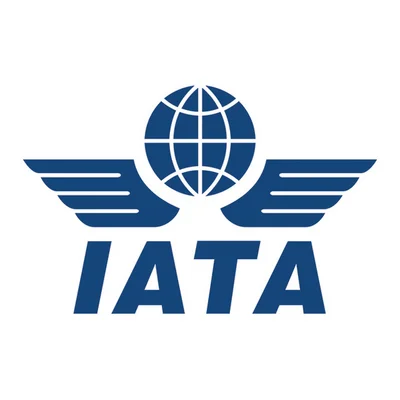For the full year, Air Canada's net income was C$1.7 billion ($1.1 billion), down by C$556 million ($392.4 million) from 2023 figures due to increased costs associated with capacity growth and other operational expenses.
Michael Rosseau, President and CEO of Air Canada, commented on the company's performance: “We safely transported about 47 million passengers during the year, and I thank all Air Canada employees for their dedication to serving our customers with glowing-hearted hospitality.” He noted that despite challenges, Air Canada showcased adaptability through market condition adjustments.
Rosseau highlighted improvements such as achieving a new pilot contract with minimal disruption and enhancing customer experience through better operations and investments in fleet and technology: “We were pleased to achieve a new contract with our pilots with limited disruption.”
Looking ahead to 2025, Rosseau expressed confidence in leveraging Air Canada's brand and global network amid favorable demand conditions: "The demand environment remains favorable."
In terms of financial projections for 2025, Air Canada plans an adjusted EBITDA between C$3.4 billion ($2.3 billion) and C$3.8 billion ($2.6 billion), expecting capacity growth measured in available seat miles (ASM) by 3% to 5%. The company anticipates moderate GDP growth domestically while projecting jet fuel prices averaging at C$0.95 per liter.
Long-term plans outlined during an investor day include targeting operating revenues around C$30 billion by 2028 or beyond by 2030.
However, potential changes in travel patterns could arise due to political tensions between Canada and the United States under President Donald Trump's administration impacting tariffs on Canadian goods.
Data from Cirium’s Diio Mi airline planning tool shows that out of over six thousand weekly departures scheduled from Canada during peak travel season next June; nearly one-quarter are bound for US destinations—potentially affected if more Canadians opt against visiting southward given current geopolitical strains as suggested by early Leger research findings where nearly half surveyed indicated decreased likelihoods traveling stateside compared last year's levels.
 Alerts Sign-up
Alerts Sign-up




































